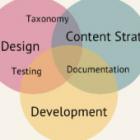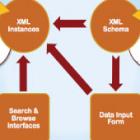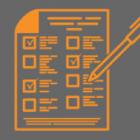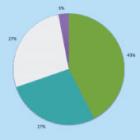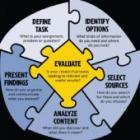
Course Targeted Research Guides to Support Business Education
Bainbridge Graduate Institute (BGI) offers two sustainable MBA programs that encourage hands-on practical learning to anchor classroom lecture and discussion. As part of their coursework, students are encouraged to dig deeper into topics as well as conduct research using library resources such as the Resource Database. However, this resource can be difficult to navigate, especially when students are unsure about which resources to use on a project. It becomes even more confusing if interdisciplinary elements are present. The library desires to present available resources in a way that students can quickly access information relevant to the specific courses. The solution is to create research guides that not only present top quality resources useful for class assignments but also introduces students to resources that can used as they move forward in their careers.

